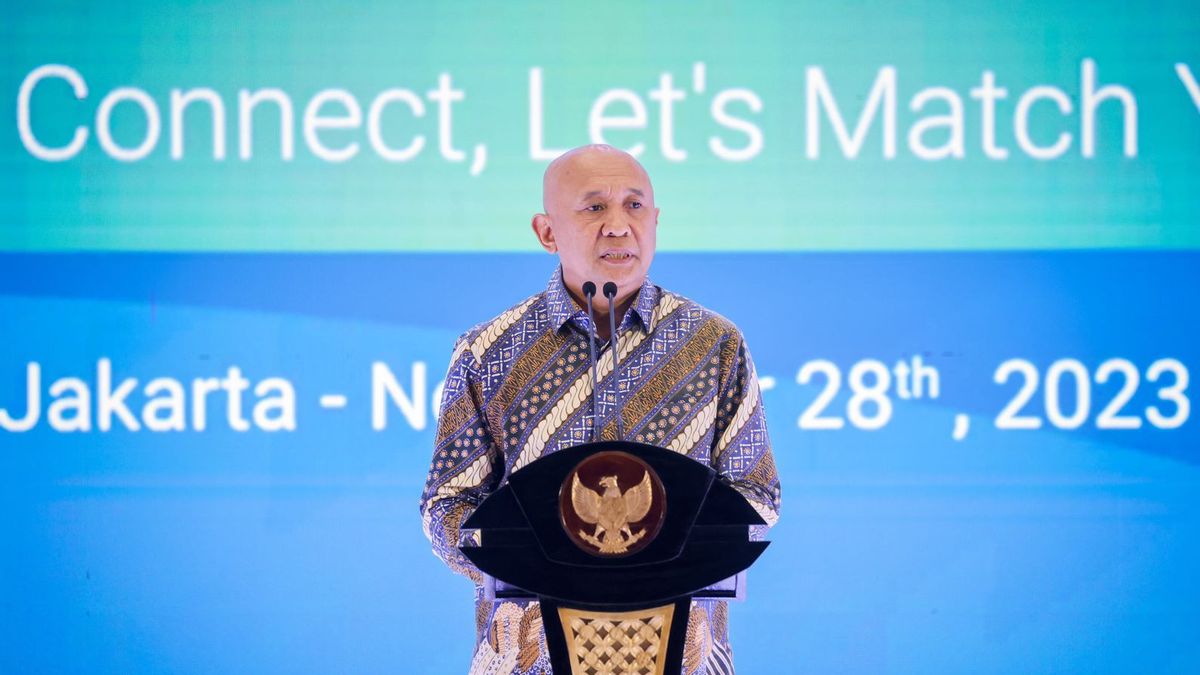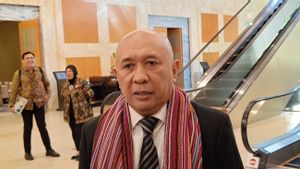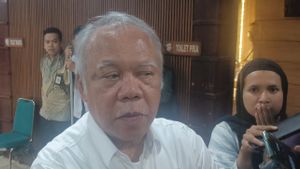JAKARTA - The Ministry of Cooperatives and SMEs (Kemenkop UKM) relies on an aggregation business model to develop the wastra and craft sectors.
"During the two years of synergy with various parties, we see that aggregators have a very strategic role in maintaining the existence and sustainability of the wastra and craft business in Indonesia," said Minister of Cooperatives and SMEs (Menkop UKM) Teten Masduki at the opening of the Nusantara Story event in Jakarta, quoted Wednesday, November 29.
Minister Teten said that the aggregation business model has many advantages, in which MSME players can get a number of benefits, namely being able to get knowledge transfers, technology transfers, and access to financing.
In addition, the business model will also receive support for business management, and market access which will have an impact on creating new values, resulting in product quality standardization, planned production patterns, economic scale improvement, and market certainty.
"I hope that the aggregation business model can not only create a new economy, but more than that, can develop and maintain Indonesia's cultural heritage," he said.
Teten said that the aggregation business model also grew exports in the craft sector. Throughout 2021, the total export value for craft products has reached 1.5 billion US dollars.
The growth in craft exports will also encourage an increase in the number of exports of the handicraft industry by 24.87 percent in 2021. To date, Indonesian craft products have penetrated more than 100 countries in the world.
"In overseas, Indonesian craft products have a reputation for goods with extraordinary craft quality, for example various forms of wood crafts, rattan, and woven materials from natural material synthetic materials," said Teten.
SEE ALSO:
Meanwhile, Suzana Teten Masduki representing the Funding Division of the National Crafts Council (Dekranas) said, with the aggregation business model, it helps many craftsmen to be able to produce and market their goods with good quality standards.
He assessed that a strong ecosystem is also able to provide space for craftsmen to adapt to follow market trends to the latest marketing technology.
"I believe, our handicraft products have the qualities to be proud of, as evidenced by the large number of our products received in the global market. We all have to knit a sense of optimism that national handicraft products can compete, both domestically and internationally," he said.
The English, Chinese, Japanese, Arabic, and French versions are automatically generated by the AI. So there may still be inaccuracies in translating, please always see Indonesian as our main language. (system supported by DigitalSiber.id)













